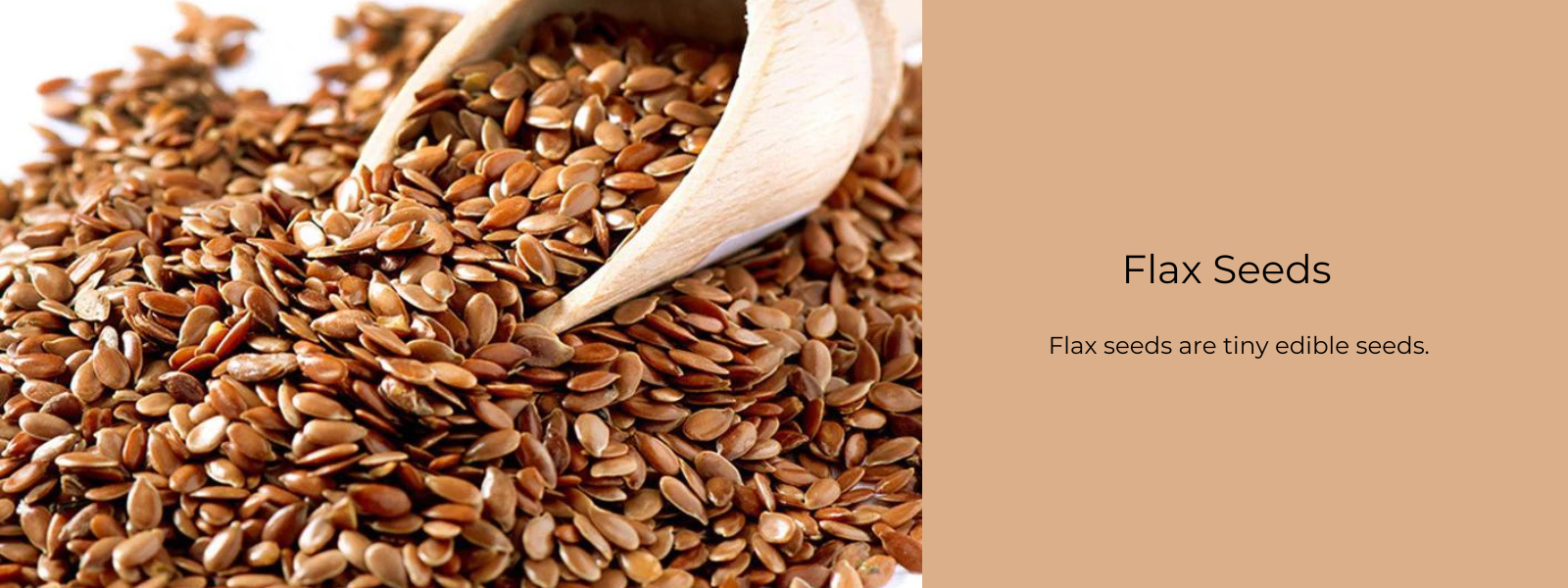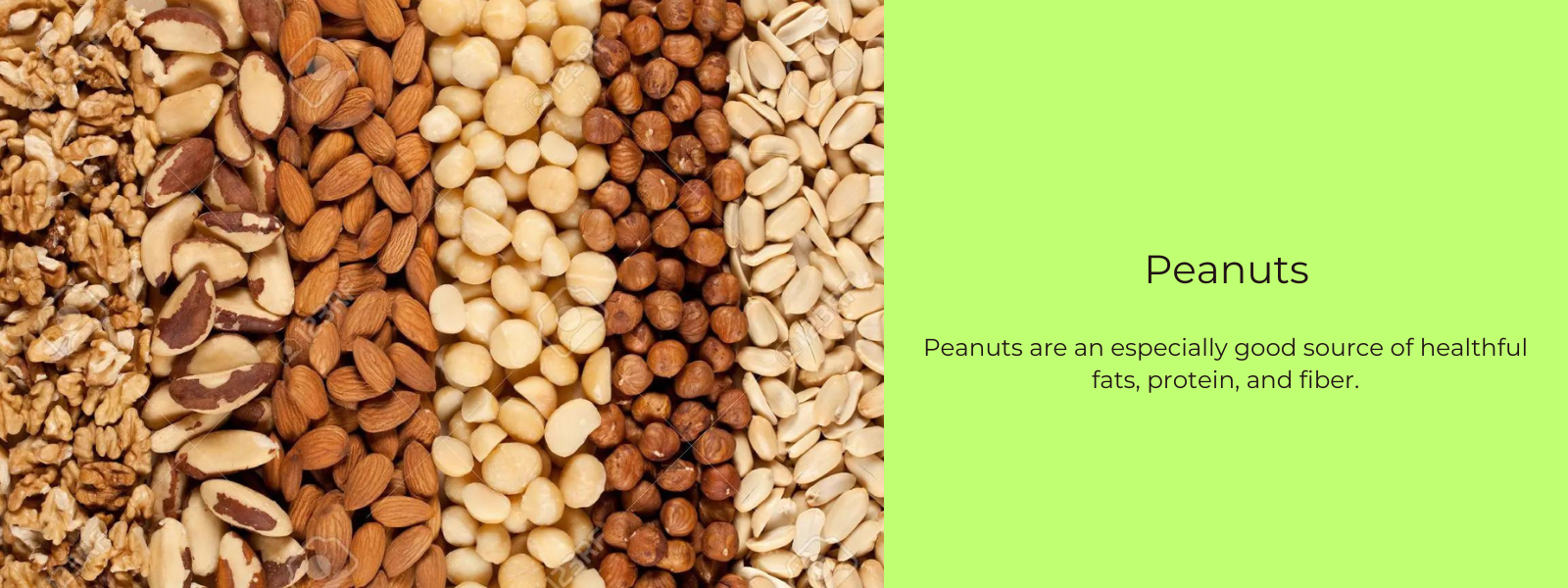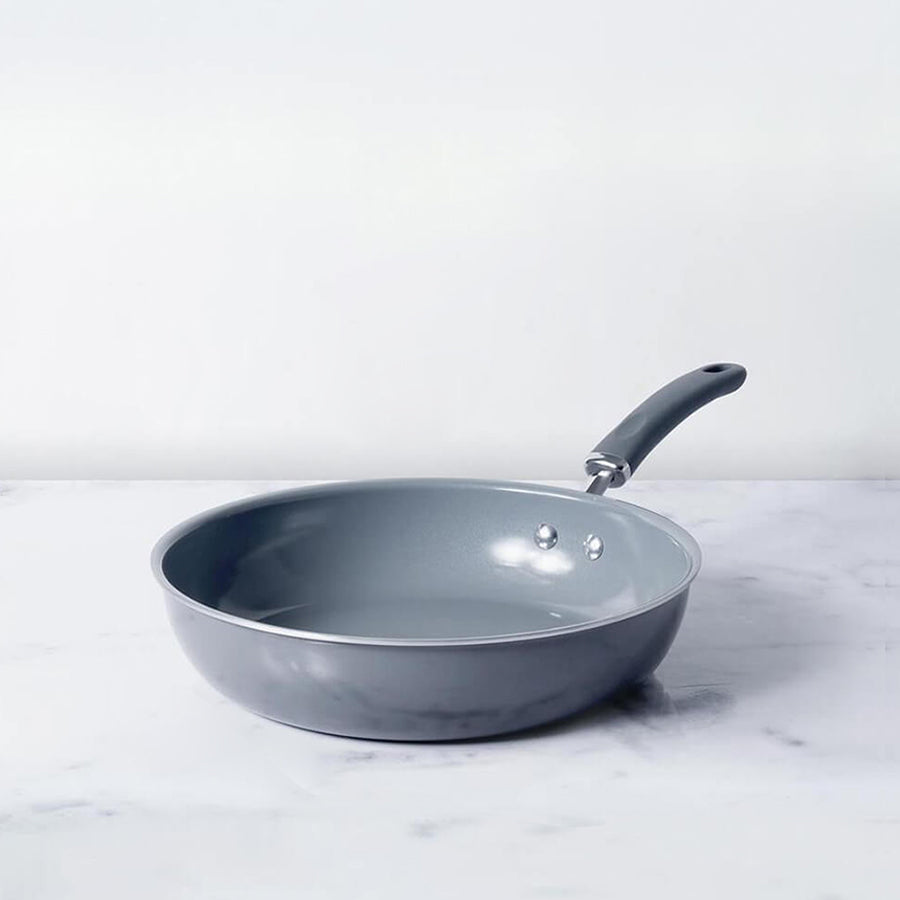Pine nuts, which are the tiny seeds (kernels) produced by the female cone of a pine tree, are crunchy and buttery in texture, mildly sweet, and tasty. Pine kernels are a fantastic food choice since they include many vitamins, minerals, and "heart-friendly" monounsaturated fatty acids that are great for your health and reduce your blood's levels of "bad" cholesterol.
These small seeds are packed with beneficial nutrients like vitamins, minerals, and heart-healthy lipids. Despite their substantial fat content, they contain very little of the unhealthy kind. Pine nuts' combination of beneficial fats, protein, and fibre in a single meal can aid with glucose regulation, diabetes management, and cardiovascular health.
Pine nuts are a good source of protein, iron, and magnesium, all of which contribute to a more sustained feeling of energy. There's a good chance the vitamin E in them will help you maintain supple, youthful skin.
The risk of diabetes and cardiovascular disease may also be lowered by consuming pine nuts and other seeds and nuts on a regular basis. The type of lipids often present in seeds and nuts may be responsible for this advantage.
Table of Contents
What are pine nuts?
Pine nuts, which are rich in heart-healthy fats and minerals, are a seasonal favourite. There are a few different names for pine nuts. Pine nuts are actually seeds, despite their common name. So, either "nuts" or "seeds" will do. Pine nuts are expensive because they require a lot of time and effort to harvest. In terms of cost, they're in the same league as caviar.
History of pine nuts:
As a staple food, these nuts have been used for millennia. Native People in the Great Basin had been gathering these nuts for at least ten thousand years. Before they were popular in Europe and Asia, pine nuts may have been gathered by nomadic hunter-gatherers as early as 10000 BC. And from there, the nuts became global, sweeping over the Americas and beyond. The nuts' high nutrient content is the primary explanation for this.
Health benefits of pine nuts:
Aids in Maintaining Heart Health
Pine nuts have antioxidants that aid with both short-term and long-term heart health, and they also contain a number of other nutrients that contribute to heart health and may reduce the risk of cardiovascular disease.
The risk of heart failure and atrial fibrillation may be lowered by eating at least three servings of pine nuts or other tree nuts each week. In addition, some research suggests that reducing the risk of heart disease by consuming nuts (at least an ounce per day) can have a positive effect.
Nuts are a great source of unsaturated fats, which can improve your cholesterol profile by increasing your "good" HDL cholesterol and decreasing your "bad" LDL cholesterol. Blood clotting and irregular heartbeats (arrhythmias) may both be avoided with the use of omega-3 fatty acids.
Treatment of Diabetes
Pine nuts, like other seeds and nuts, include a good balance of lipids, fibre, and protein, which may help maintain steady blood sugar levels. As an added bonus, the magnesium in pine nuts may enhance insulin's glucose absorption.
Protects Your Brain's Health
Pine nuts are a good source of omega-3 fatty acids, which are important for brain cell growth and repair. Omega-3 has been linked to enhanced cognition and cerebral blood flow, according to studies. Pine nuts' antioxidants may also reduce brain inflammation and cellular stress, which could boost memory and decrease dementia risk.
Boosts cognitive health
Pine nuts not only give critical nutrients to the brain, but they also promote circulation, which helps avoid cognitive disorders including Alzheimer's, Parkinson's, and age-related dementia. Pine nut consumption has been linked to improved memory and mood in the elderly.
Pine nuts may have a greater impact on cognitive health if they are used to replace other sources of saturated fat in the diet, such as when cheese is substituted for pine nuts on top of a salad or when pine nuts are used as a savoury snack.
Culinary use of pine nuts:
The buttery flavour of pine nuts makes them a popular ingredient in pesto. They're also a versatile ingredient for cooking. Raw, they make a convenient and healthy snack that you can take anywhere. Pine nuts can be roasted in the oven or toasted in a skillet. Because of this process, their already subtle flavour will become much more refined.
Be sure you're getting pine nuts that haven't gone bad by checking the date you bought them. In order to extend their shelf life, pine nuts can be frozen or refrigerated. Pine nuts can be stored for much longer if roasted before being stored in their raw form.
Pine nuts can be used in cooking in the following ways:
- Pesto can be made by combining pine nuts with parmesan, garlic, basil, cheese, and olive oil.
- Mix with yoghurt, fruit, and other nuts for a delightful parfait.
- Pine nuts are delicious in salads and pasta dishes, both raw and roasted.
- Make homemade hummus with pine nuts.
- Roasted cauliflower, broccoli, and green beans are just a few examples of how you can incorporate them.
- Add pine nuts to quinoa or rice as a tasty side dish.
- Pine nuts are a great crunchy topping for pizza.











Leave a comment